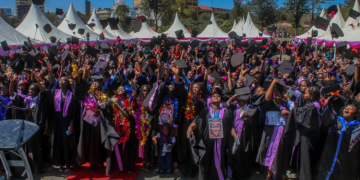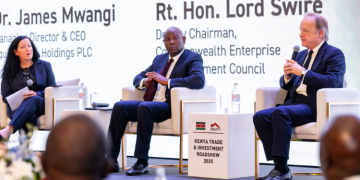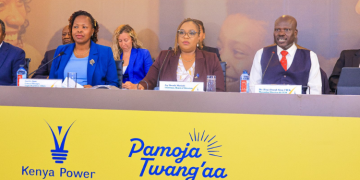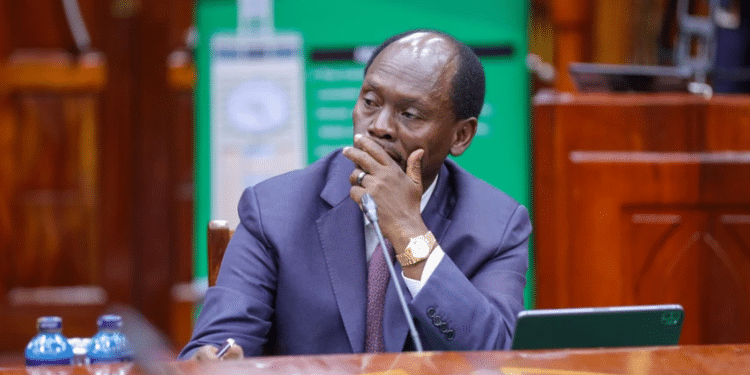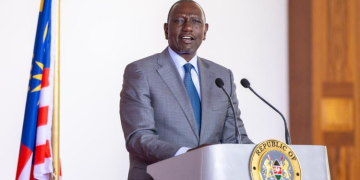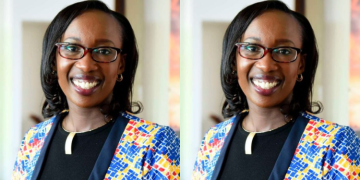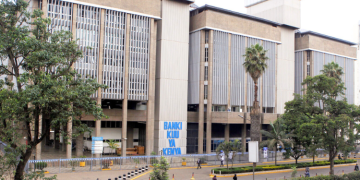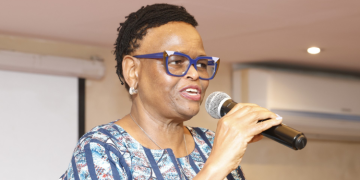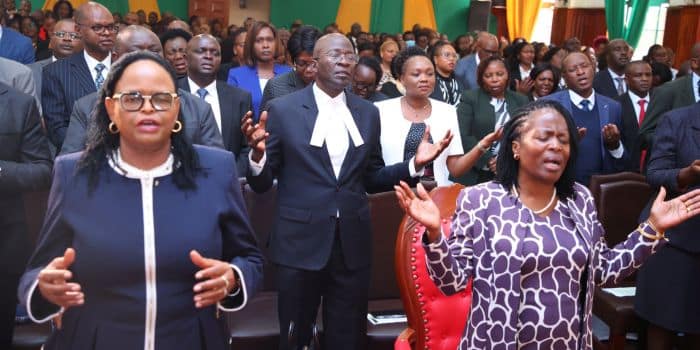Chief Justice Martha Koome is in trouble with the President of Atheists in Kenya Society Harrison Mumia for hosting a national prayer and fasting day for members of the judiciary.
Members of the judiciary, including the CJ, gathered at Milimani law courts on Monday, July 28, to observe the day.
CJ Koome led the prayer and fasting at the Milimani Law Courts, with other judicial officers leading in other stations across the country.
Court of Appeal Judge Daniel Musinga and Chief Registrar of the Judiciary Winfridah Mokaya were among those who also led prayers at the Milimani Law Courts.

Chief Registrar of the Judiciary Winfridah Mokaya and Makadara Law Courts Chief Magistrate Tito Gesora led the event in Makadara.
However, the move has been met with discontent from Mumia who now seeks legal action, vowing to challenge the judiciary in court.
The ultimate goal of the action, according to the society’s president, is to ensure that the day is abolished completely.
“The Judiciary has gone through difficult times where the institution lost judges, a magistrate and several staff over the last six months, as the country also experienced difficult times,” CJ Martha Koome. said in a statement.
Also Read: Atheists Issue Fresh Demands for Ruto – GenZ Talks Including Public Holiday
Atheists Make Arguments Against CJ Koome’s Prayer Day
Firstly, the Atheists in Kenya Society has said that the move is a mockery of secularism, adding that Kenya is a secular state.
“Today, Kenyan Courts nationwide participated in the Judiciary National Day of Prayer and Fasting. This event is a mockery of secularism, a key principle of the 2010 Constitution.
“Kenya is a secular state. (Article 8, read together with Article 27, 32),” the statement read in part.
Additionally, Mumia argued that Martha Koome used state funds to organize the event, money that could have been used in a more productive way.
Moreover, he has asked that members of the judiciary express their religious beliefs in individual capacities.
“The Judiciary must never be seen as advancing any religious position. Judicial officers should practice religion in their individual capacities. Taxpayers’ money must never be used to organize a National Day of Prayer.
“The money that was used to fund the Judiciary National Day of Prayer should have been better utilized to deepen justice reforms,” added Mumia.
Also Read: Monica Kivuti Death: Atheists’ President Raise Burning Questions
Key Events at the National Prayer and Fasting Day
During the event, Psychologist Jennifer Karina was invited to shares tips on how one can cope with difficult times. Also, Deputy Chief Kadhi Sukyan Hassan Omar read a verse from the Quaran while Sheikh Ismail Haji Ahmed Komora lead a prayer session.
In addition, the judiciary clarified that the event was aimed at praying for: Integrity, righteousness and justice; Comfort and Peace.
The members also prayed for Judiciary leadership – Wisdom; Judiciary Families; Nation- Unity and Understanding, Peace and Prosperity, and Protection.
Other items on the prayer list include, premature deaths and misfortune, strength in the institution, among other issues.
“The prayers are also being conducted in all courts, countrywide,” a statement from the Judiciary read in part.
Follow our WhatsApp Channel for real-time news updates.
https://whatsapp.com/channel/0029VaB3k54HltYFiQ1f2i2C



